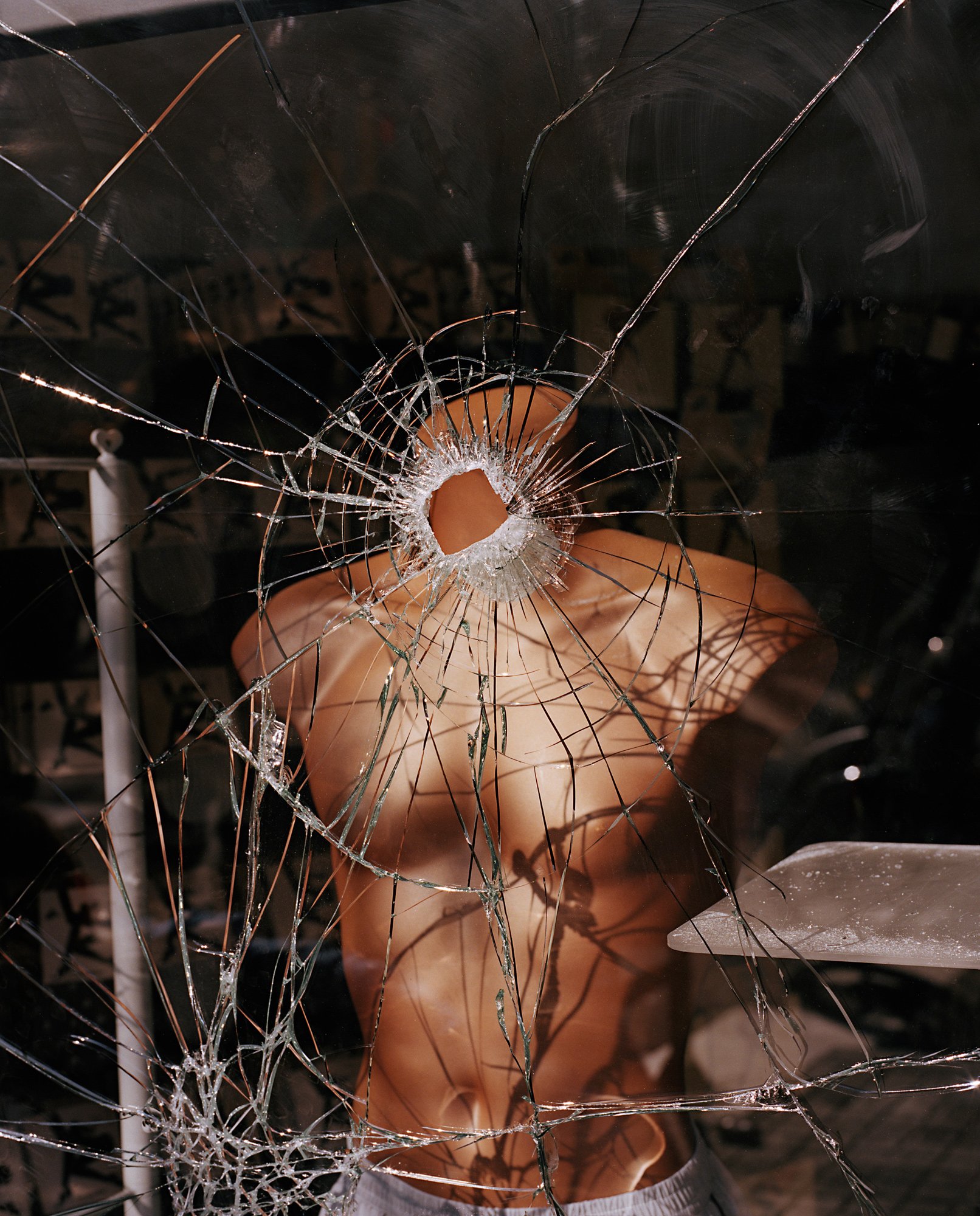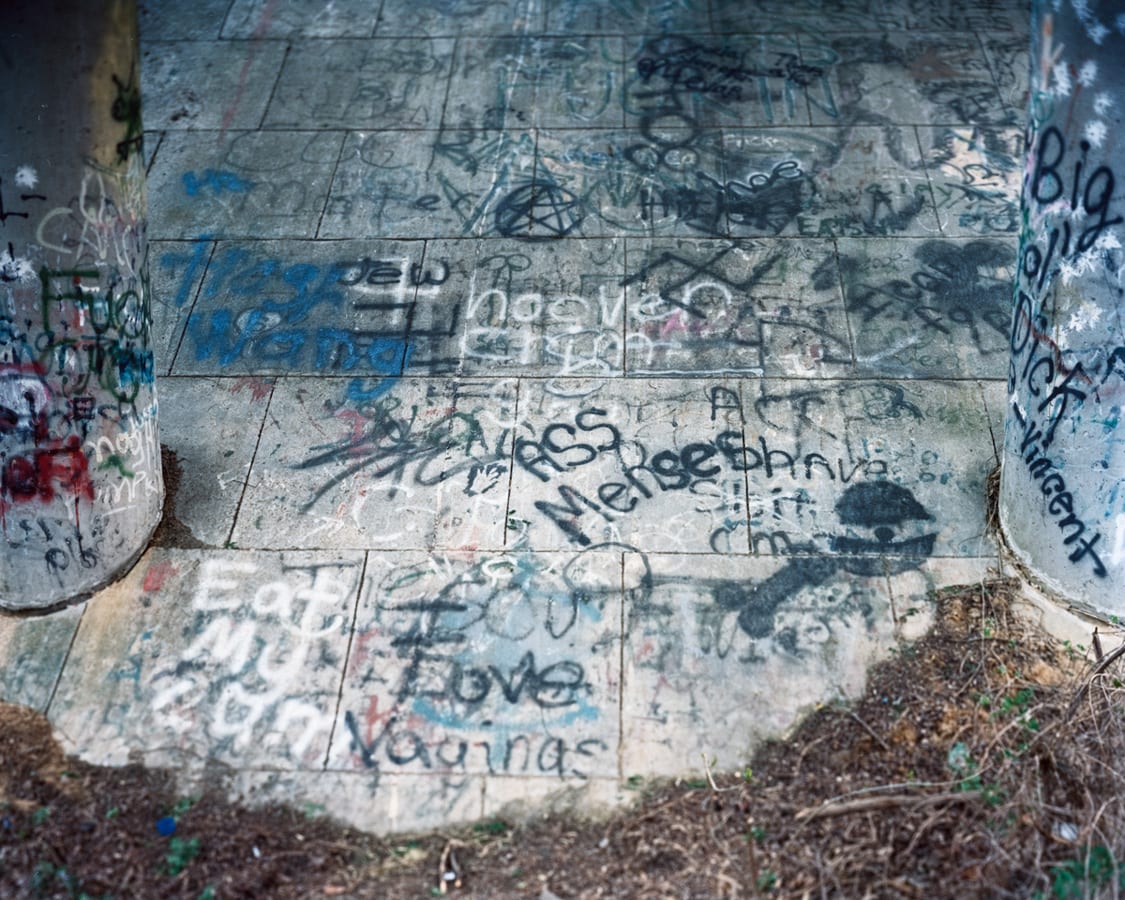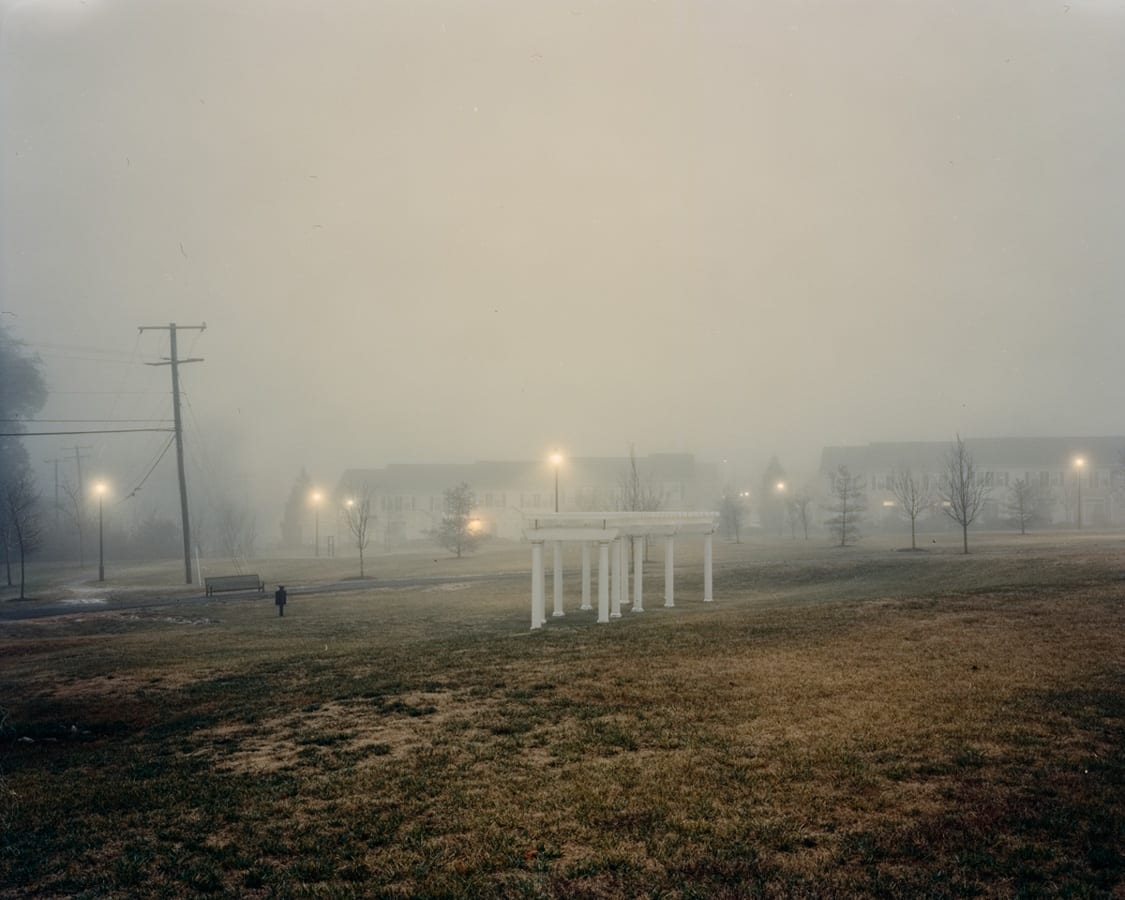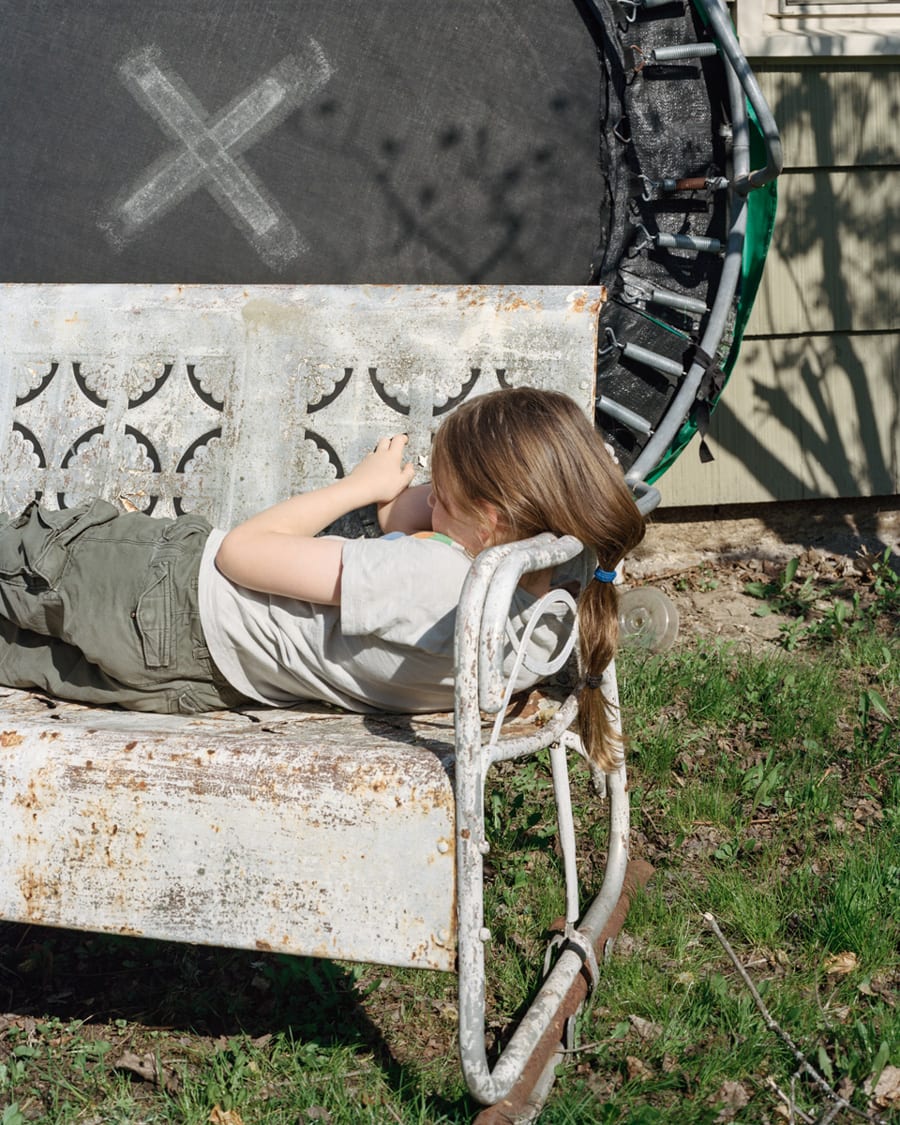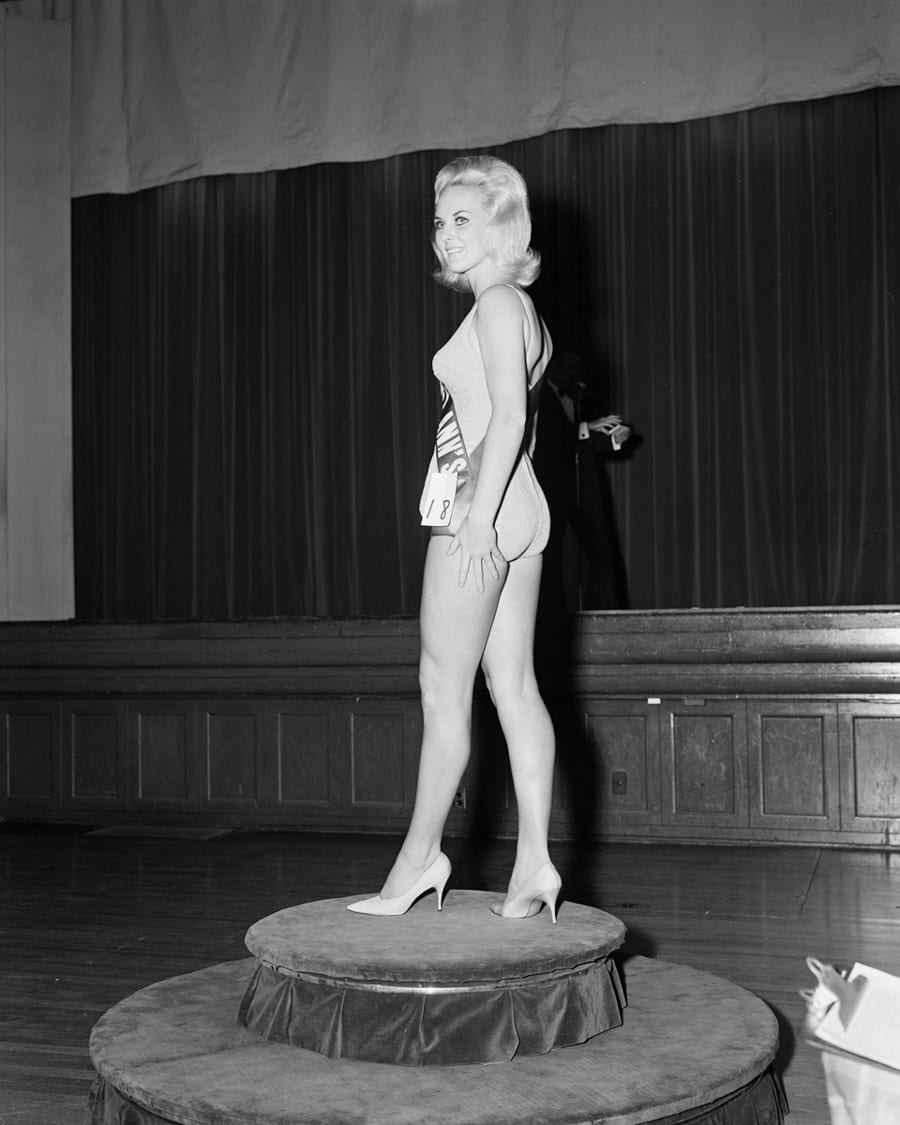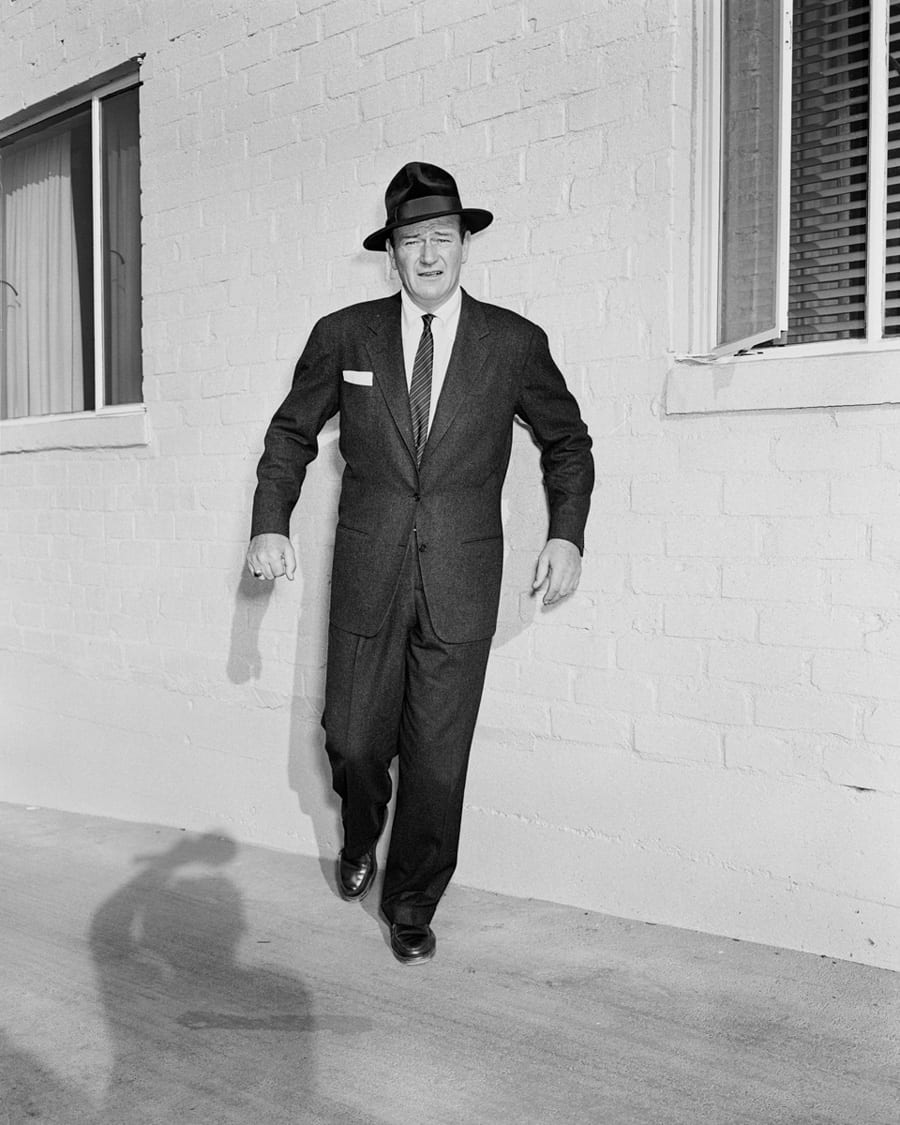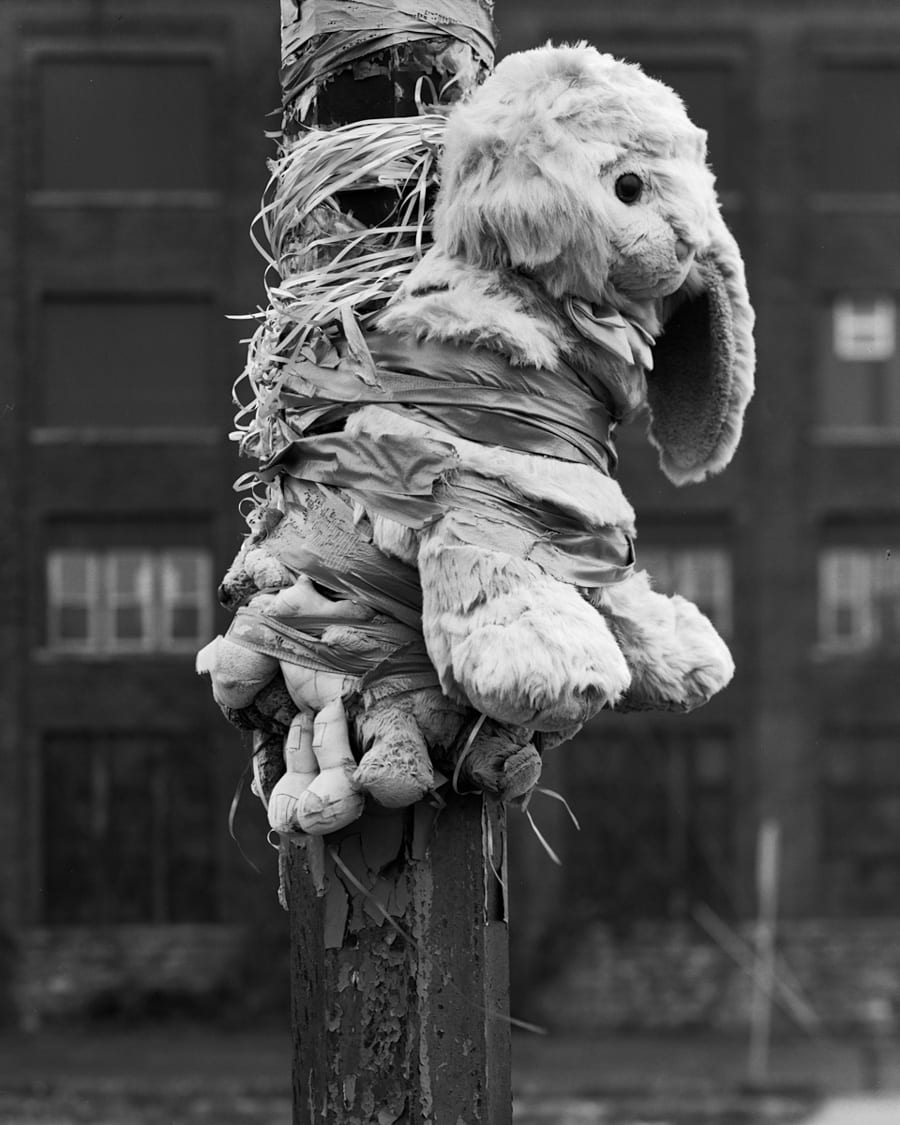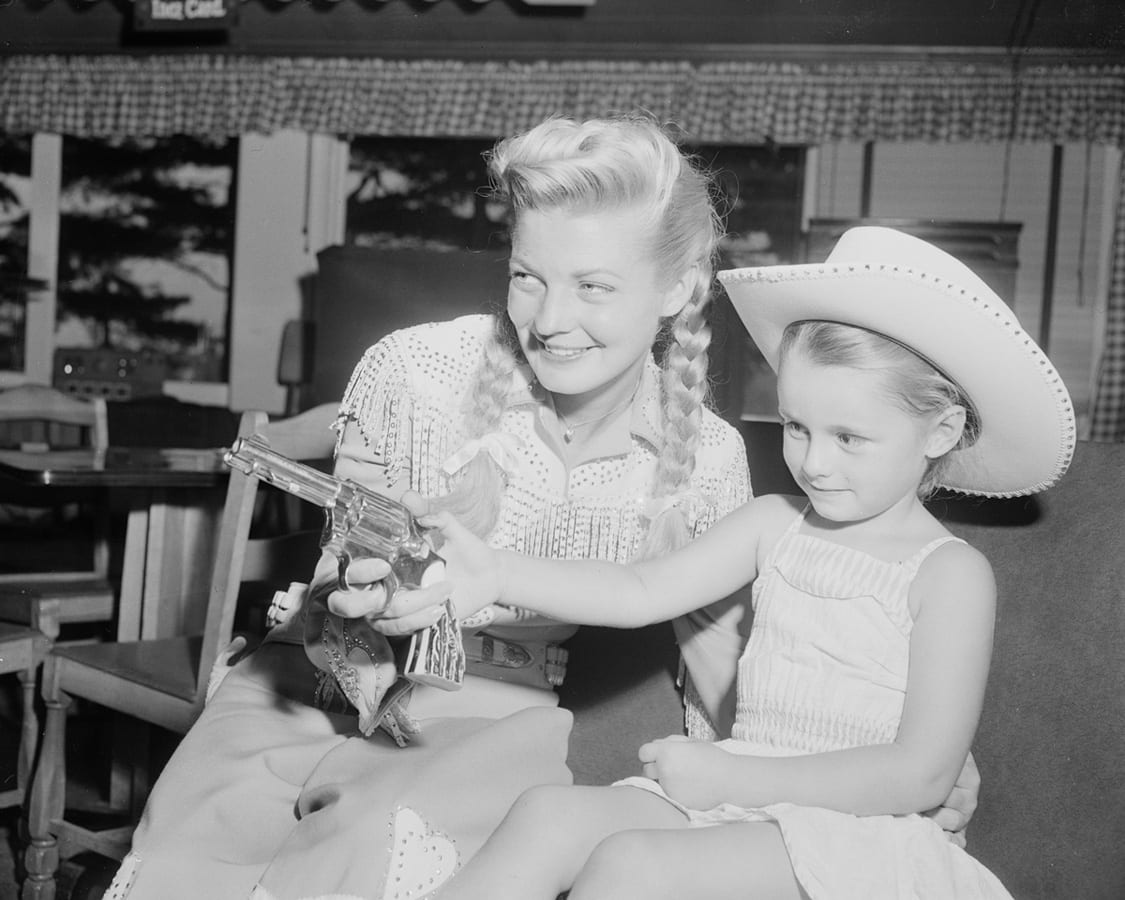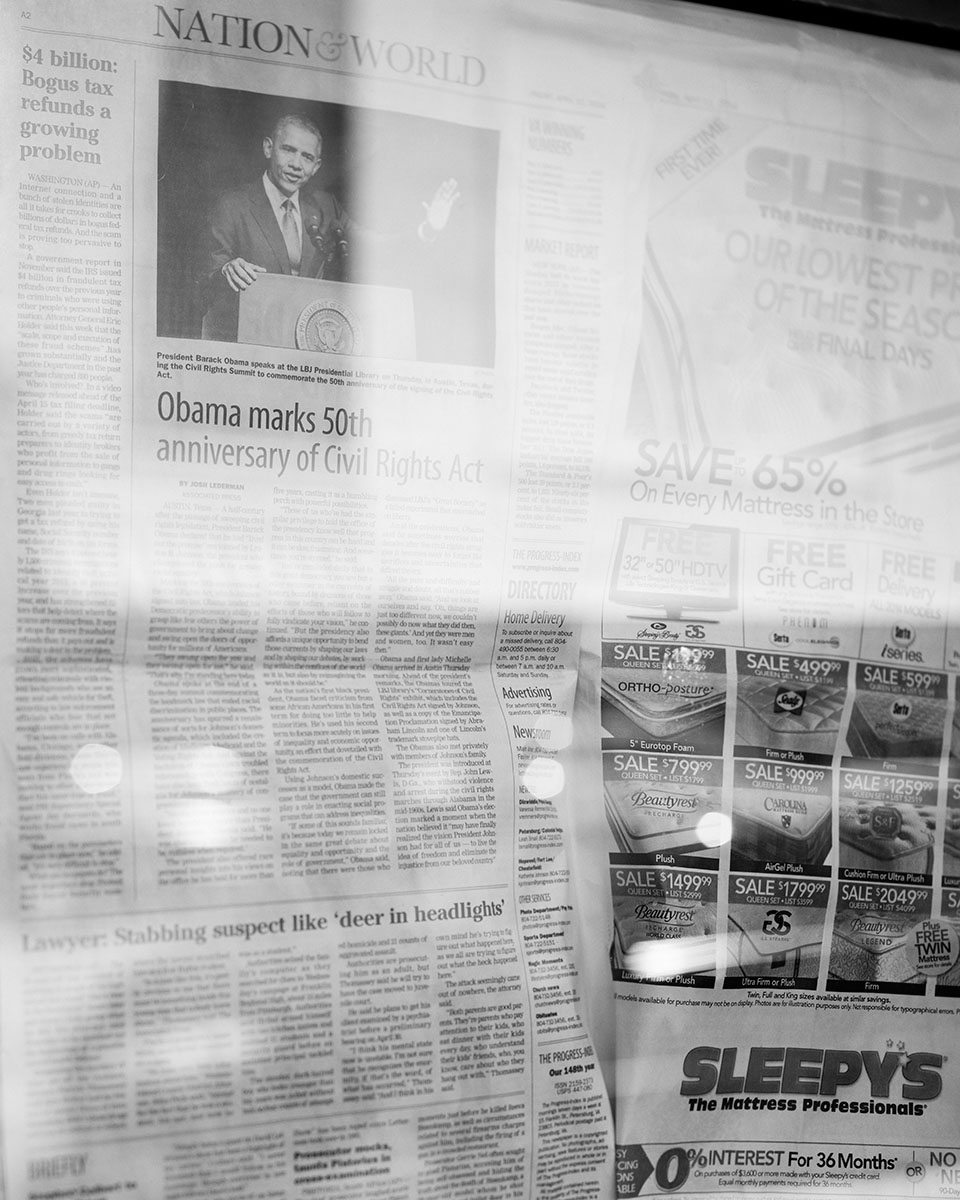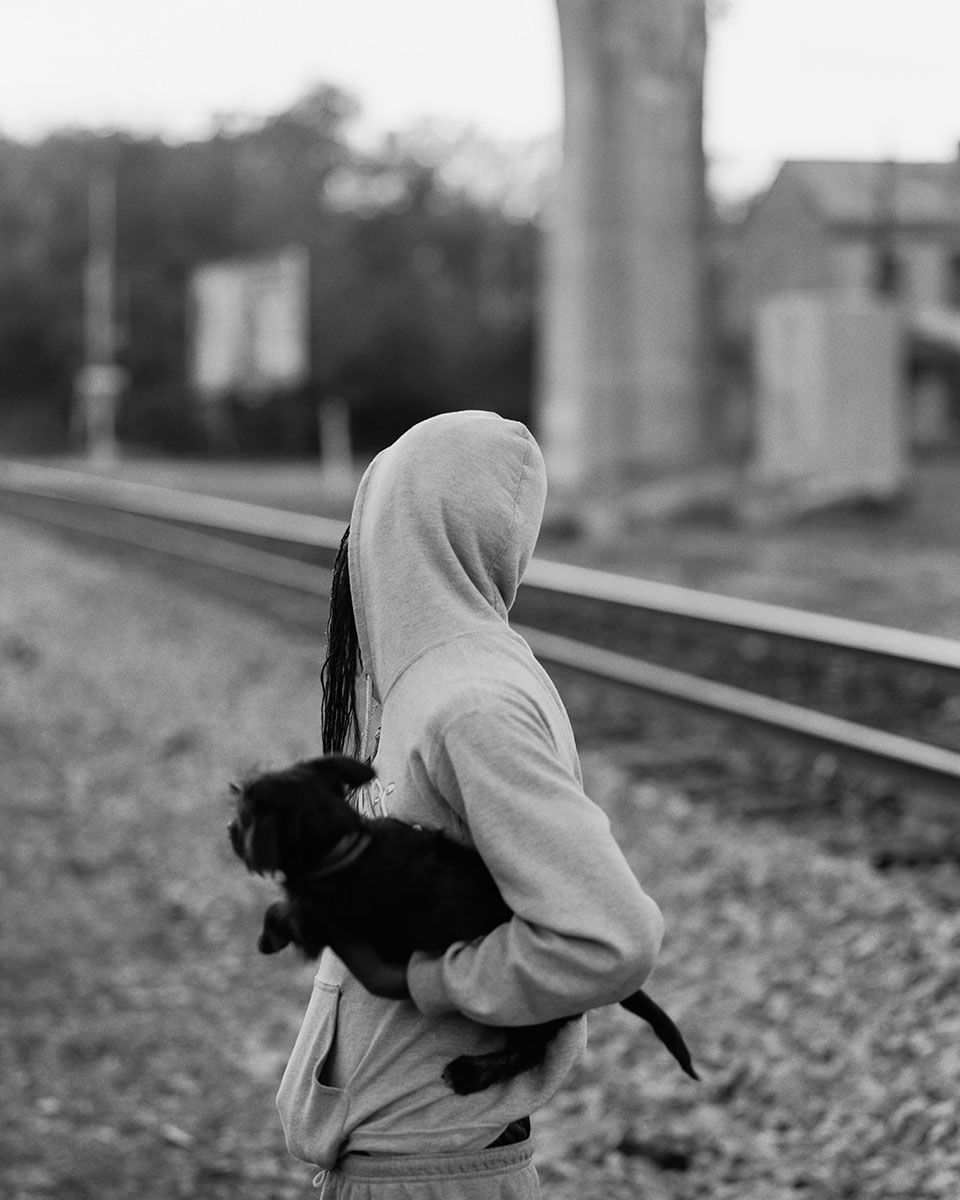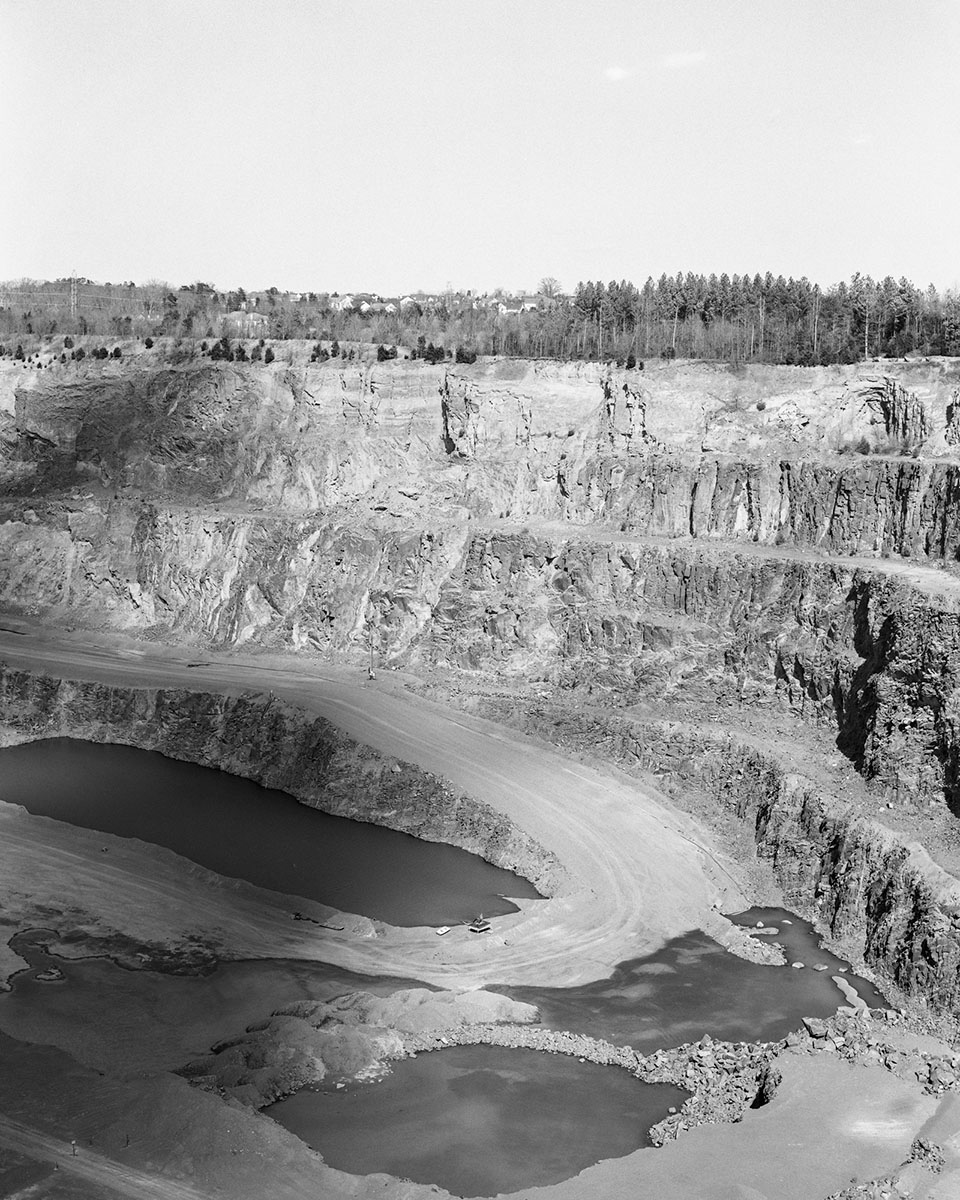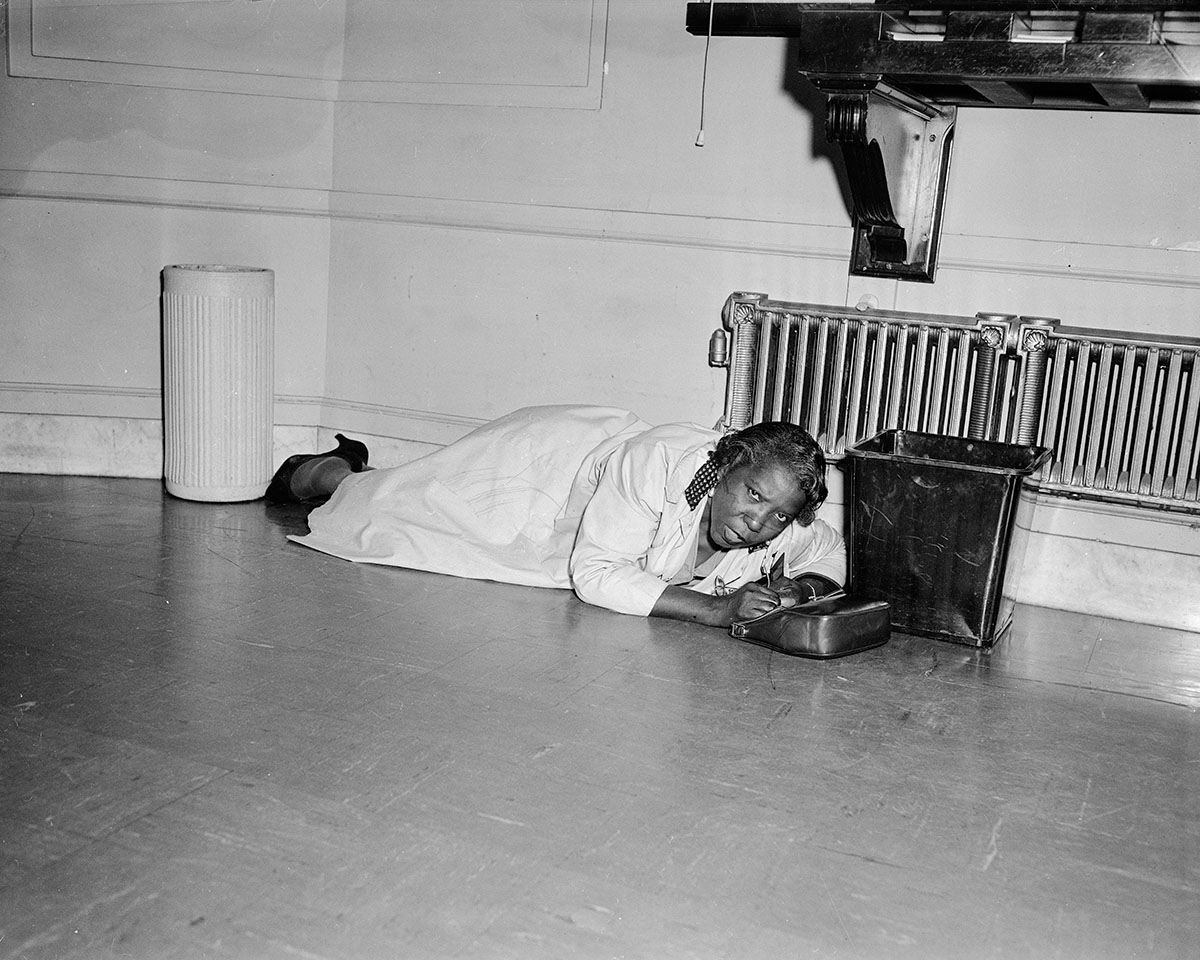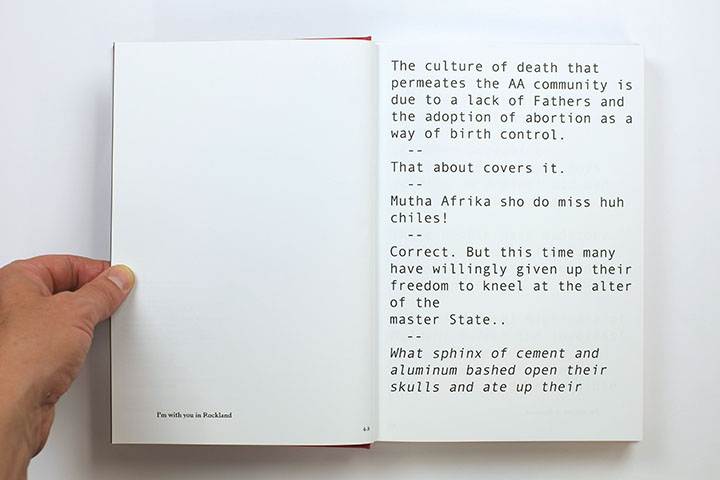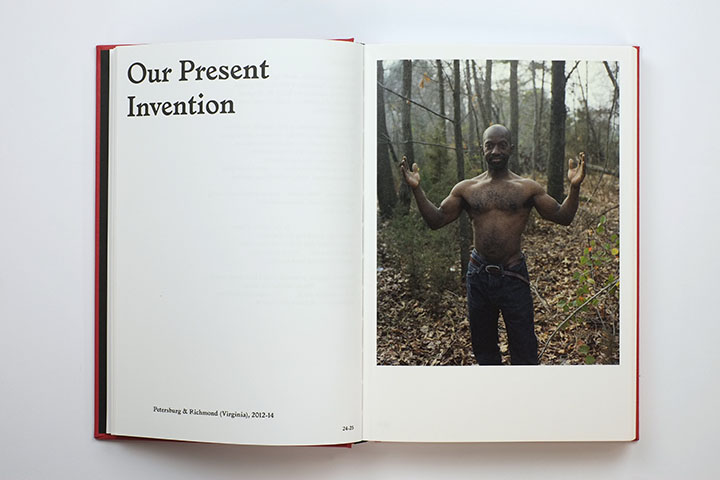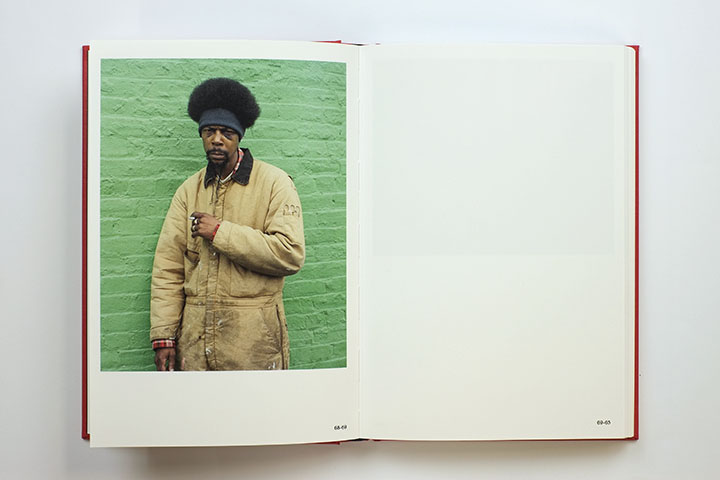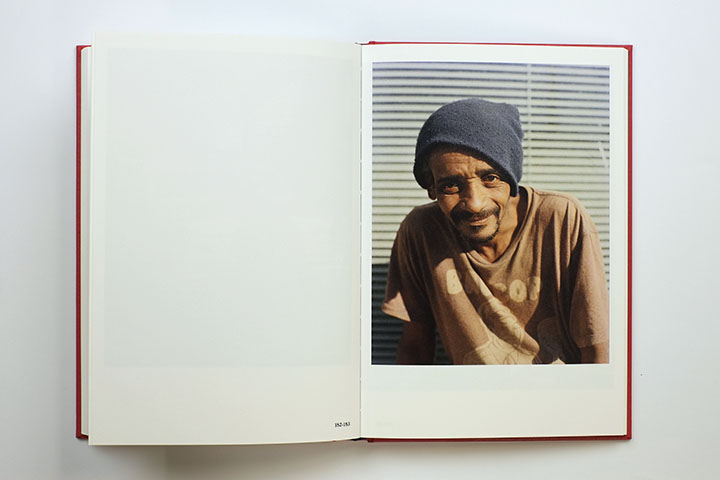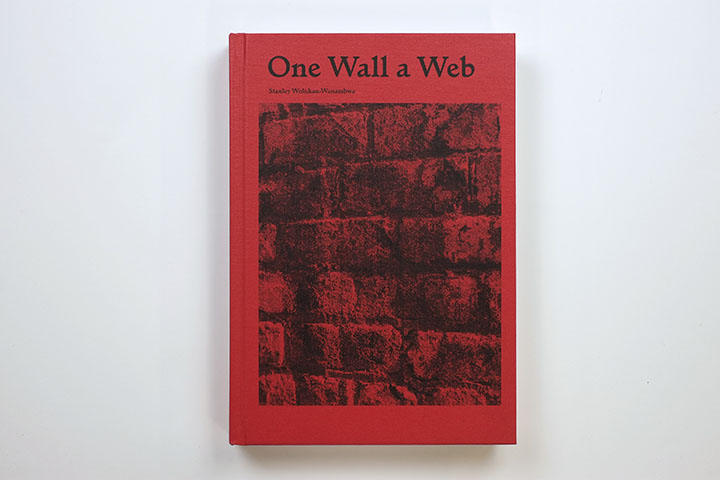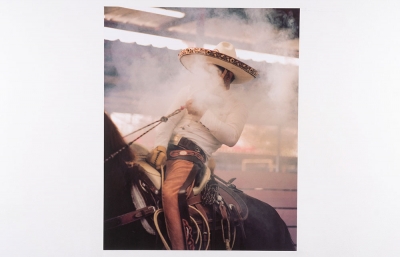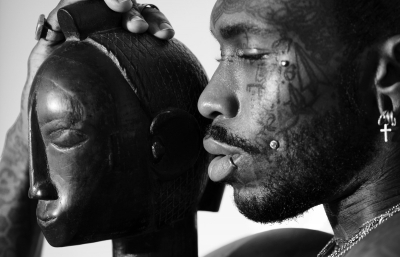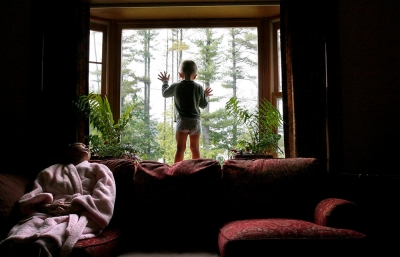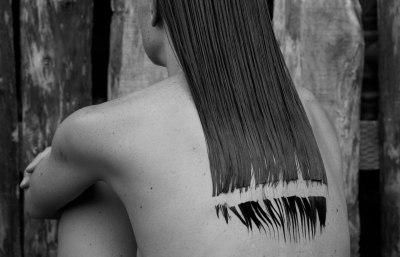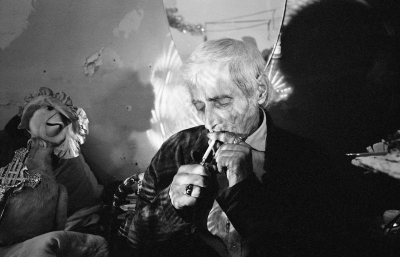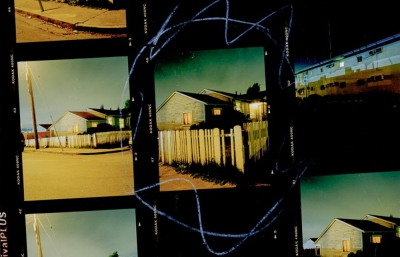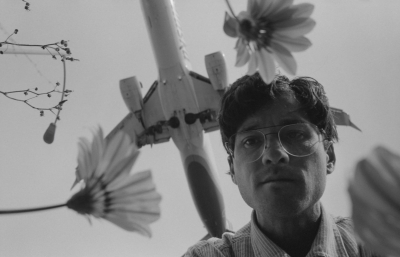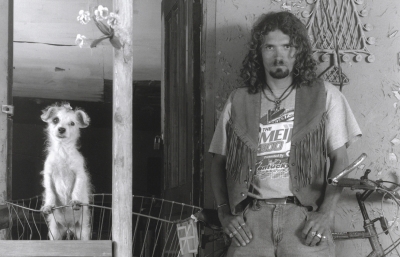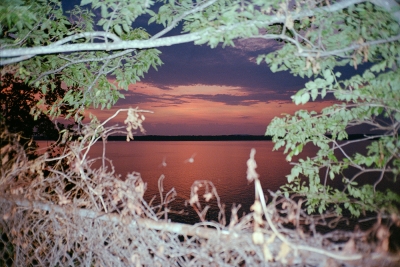Through a mixture of writing, portraiture, landsape and appropriated archival images, Stanley Wolukau-Wanambwa's One Wall a Web describes quotidian encounters with fraught desire, uneven freedom, irrational fear and deep structural division, asking whether the historical and contemporary realities of anti-Black and gendered violence - when treated as aberrations - do not in fact serve to veil violence's essential function in the maintenance of 'civil' society.
One Wall a Web traces a chronological path through the production of two series, the first of which (Our Present Invention) sets out with a particular interest in the entanglement of masculinity with violence. The second series of photographs (All My Gone Life) comprises two chapters, the first of which consists of appropriated archival images which track continuities between past and present circumstances. These revenant images enter into dialogue with the final strand of contemporary photographs in the second chapter, which address themselves to the spectral form and the visceral costs of this history in the book's penultimate section. One Wall a Web concludes with an extensive essay that explores resonances between the field of black studies, questions of black life, and the strange ontology of the photographic image.
Originally from the UK, writer and photographer Stanley Wolukau-Wanambwa has lived in America since 2012. He has contributed essays to catalogues and monographs by Vanessa Winship, George Georgiou, Marton Perlaki and Paul Graham, been an artist-in-residence at Light Work, guest edited the Aperture Photobook Review, and written for Aperture, FOAM magazine and The Photographer’s Gallery. He has lectured at Yale, Cornell and The New School, is a faculty member in the photography department at Purchase College, SUNY.
One Wall a Web was presented as an exhibition at Light Work and published as a book by Roma.

